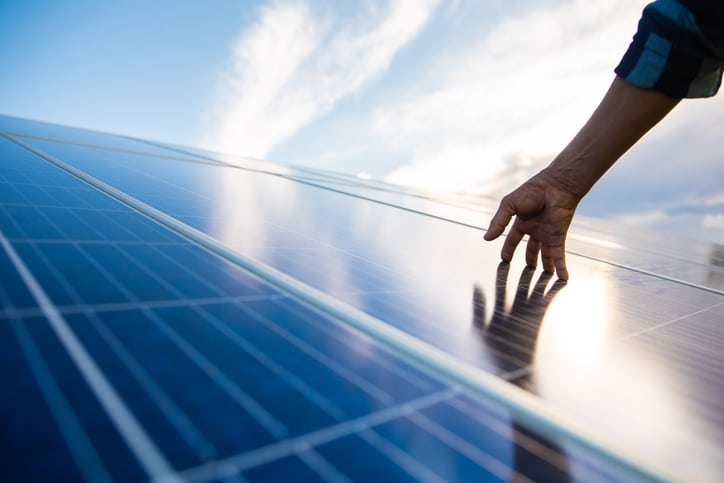How Technology Solutions are Changing Utilities In The New Energy Climate
The world is at a pivotal point in the energy crossroads as we collectively lean toward more sustainable energy models – and utility services are now starting to understand the impacts of this new frontier. The energy climate is now transitioning, shifting from existing models for burning coal, oil, and gas for energy to using renewable sources, such as solar, wind, and hydropower.
This is good news for the environment and translates directly to the ability of countries to deliver on the climate goals set for them. The new incentives are great for reducing the impact of climate change, but utility services may need to work harder to ensure industry resilience as this happens.
An Inclusive Utility Service Is Needed
Based on the Energy Transition Index by the World Economic Forum (WEF), the resilience and inclusion of utility services are crucial to ensure this change remains sustainable in the long run. Where decisions about energy systems could once afford to be very specific, now they need to be much broader.
This broad approach isn’t just limited to the final usage of the utility service, though, but also extends to the jobs each decision will create, how it would promote or impact the health of those in proximity, air quality, affordability, and access.
To that end, an inclusive system has several levers and tools that can help companies ensure better resilience for utility services. Two major levers among them include:
Net Zero-ing Via Decarbonization
Industrial emissions are some of the hardest to control because of the tried-and-tested models being used, the interconnectedness of industries, and most importantly, their focus on producing their own energy. This means that many industrial operations are now installing their own solar panels and windmills, which may prove a challenge for some utility companies, by way of a loss of revenue.
And while this means carbon-based energy consumption in the industrial sector is decreasing, utility providers can, instead, focus on generating energy via sustainable models, which should ultimately ensure a decrease in production costs and, therefore, even with the lower consumption, should help maintain profitability.
Sustainability Via Digital Transformation
A focus on digital transformation means that companies will need more energy in the short term before they can fully go digital and reduce usage. This will give utility providers the boost they need to implement changes in their infrastructure and improve resilience.
Grid modernization is critical and the glue that could make all other solutions seem viable.
Funding the transition could be a major challenge, but with the Intergovernmental Panel on Climate Change and corporate power purchase agreements to green bonds, utility services, and providers may get only one shot at using the funds that are generated in order to improve and diversify their services.
Americom is a technological solutions and utility service provider offering valuable insights and solutions to industries of all sizes. If you would like to request a to improve your market standing or have a specific service you want to have implemented, feel free to give us a call!




